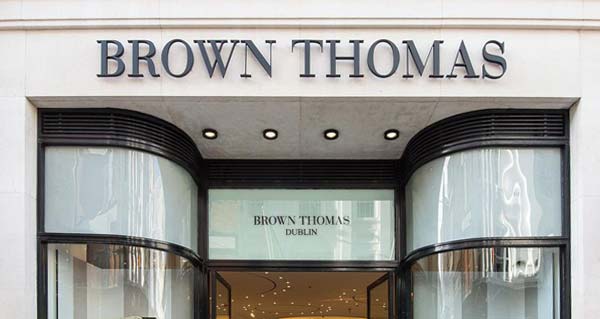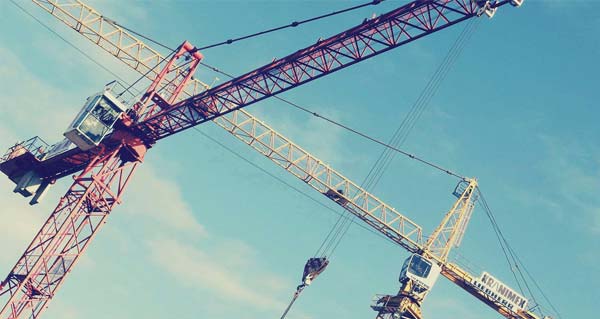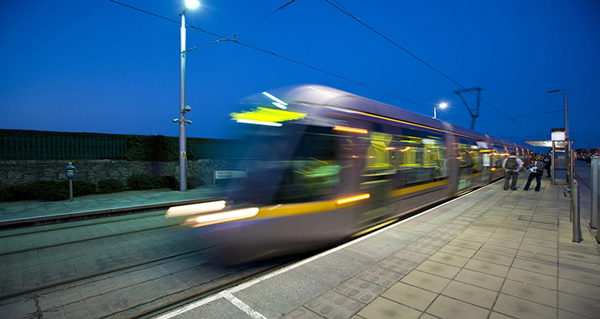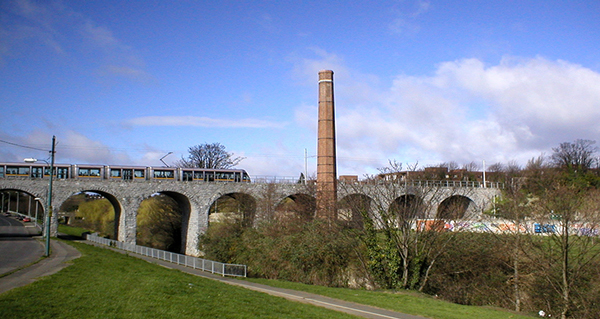Its report published today sees 2020 economic output growing by 5.5pc in gross domestic product (GDP), a major hike from its previous forecast of 4.1pc growth. It sees higher growth "on the back of strong foreign direct investment, exceptional export performance and expansion in the multinational sector".
Davy's forecast runs well ahead of recent 2020 GDP projections by the Central Bank of Ireland (4.3pc), the Department of Finance (3.9pc) and the Economic & Social Research Institute (3.3pc). Davy defends its rosier outlook, in part, by noting virtually all authorities have been underestimating the growth of FDI exports since 2017.
Davy says average home prices should rise 2pc this year and could rise further "if the top end of the market benefits from reduced Brexit uncertainty".
Home price increases last year slowed to a trickle in much of the country, particularly in Dublin, where the priciest homes have faced slack demand and price discounts.
Davy chief economist Conall Mac Coille said home prices experienced "a more aggressive slowdown than we would have thought" in 2019 amid Brexit uncertainty.
The UK's move to enter a transitional Brexit deal with the EU at the end of January, he said, could spur "the top end of the market to move up more aggressively in price". He added: "Brexit isn't going away as an issue, but at least we've got 12 months before there's the threat of another cliff edge."
Davy expects construction and sales of homes to grow, with mortgage lending set to rise to €10.7bn from €9.6bn in 2019. It foresees 25,000 housing completions this year, up from 21,800 in 2019.
Davy sees exports rising 11pc last year and 7pc this year - led by 8pc growth among the 1,550 multi-national firms based here.
Consumer spending is seen growing 3.2pc in 2020, Government spending by 3.2pc and investment by 5.3pc, including a 7pc gain in building and construction.
The workforce is projected to grow by 2.5pc while unemployment would fall from the current rate of 4.8pc - already a 13-year low - to just 4.4pc.
Davy says fears of a crash-out Brexit drove indigenous firms to be exceptionally cautious as around half of companies delayed investment decisions.
"Now that a 'no-deal' Brexit cannot occur in 2020, we expect output in indigenous sectors to grow by 3.5pc in 2020, slightly faster than the 3pc in 2019," its report says.
13 January 2020
Irish Independent





